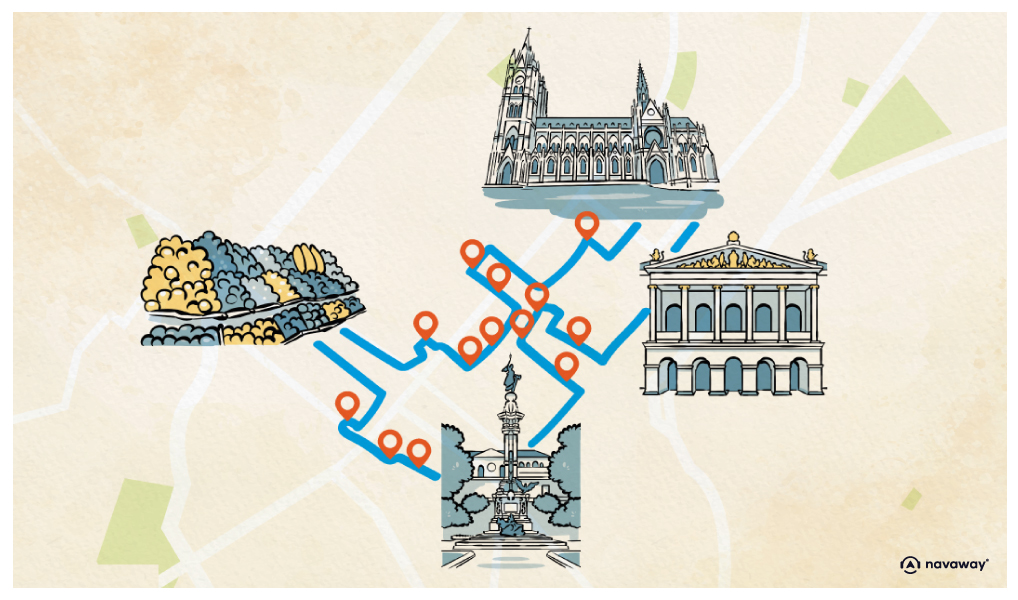
Maximo de la Merced Convent
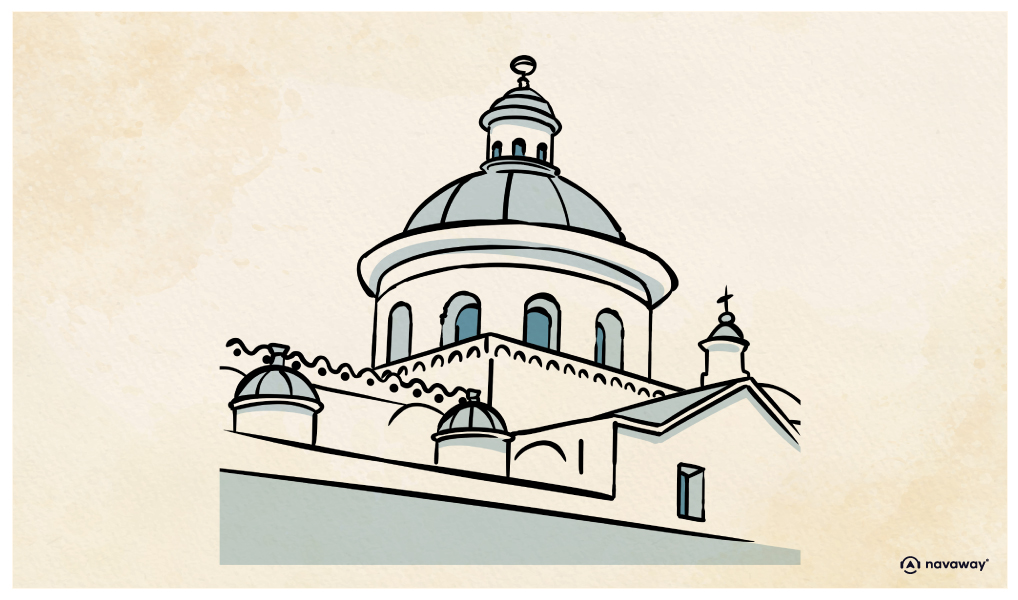
This point of interest is available as audio on the tour: Visit Quito, Lost in the Andes
You’re now standing on the forecourt of the Church and Convent of La Merced — which means “Our Lady of Mercy.” The first church built here dates back to the early 1600s but was destroyed by an earthquake in 1660. Construction of the building you see now began in 1701, inspired by the nearby Church of the Society of Jesus. It was dedicated to the Virgin of Mercy, who is believed to protect Quito from natural disasters, especially eruptions and earthquakes caused by the nearby Pichincha volcano. From the outside, the white facade looks fairly simple and doesn’t hint at what’s inside — but don’t let that fool you. There’s a small entrance fee, but it’s totally worth it. The church and its convent are among the finest examples of American Baroque art. The highlight is the main altarpiece, a masterpiece by Bernardo Legarda. At the top stands the Virgin of Mercy herself, sculpted from stone in 1751. If you spot the national flag and the army flag next to her, that’s because she’s not only a beloved figure of devotion — she’s also the official patron saint of the Ecuadorian army. As you make your way through the site, you’ll pass through the convent’s cloister, centered around a peaceful courtyard with a fountain and surrounded by galleries lined with paintings. The convent also holds one of the most significant historical libraries in Quito — both for the richness of its collection and the incredible state of preservation. If you love old books or just enjoy the magical atmosphere of ancient libraries, this place is a real gem. A beautifully carved wooden spiral staircase links the two levels of floor-to-ceiling shelves, giving the whole space a timeless, enchanted feel. Don’t miss the museum in the second cloister either — it holds an impressive collection of religious paintings that offer a glimpse into the artistic and spiritual heritage of the city.


Discover Quito with app
An interactive guide through the most beautiful streets, squares, and districts
19 fun audioguides full of historical facts, anecdotes, and legends

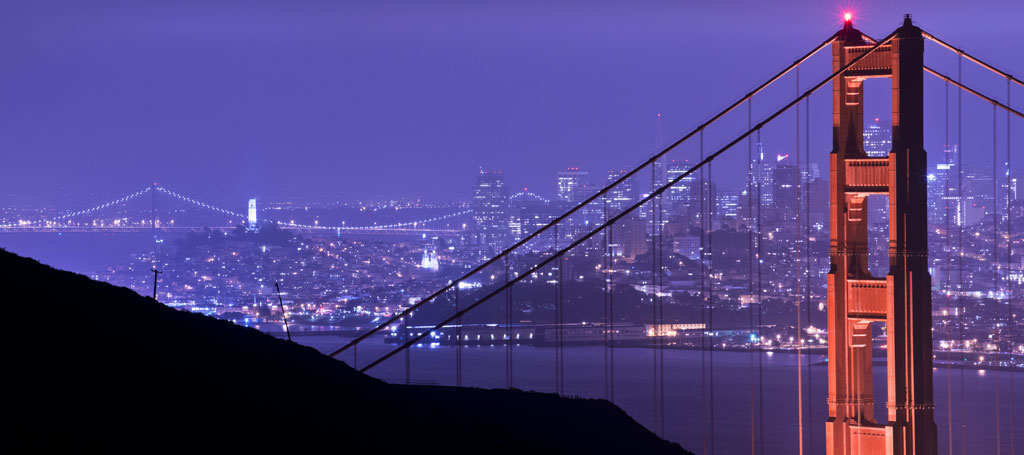
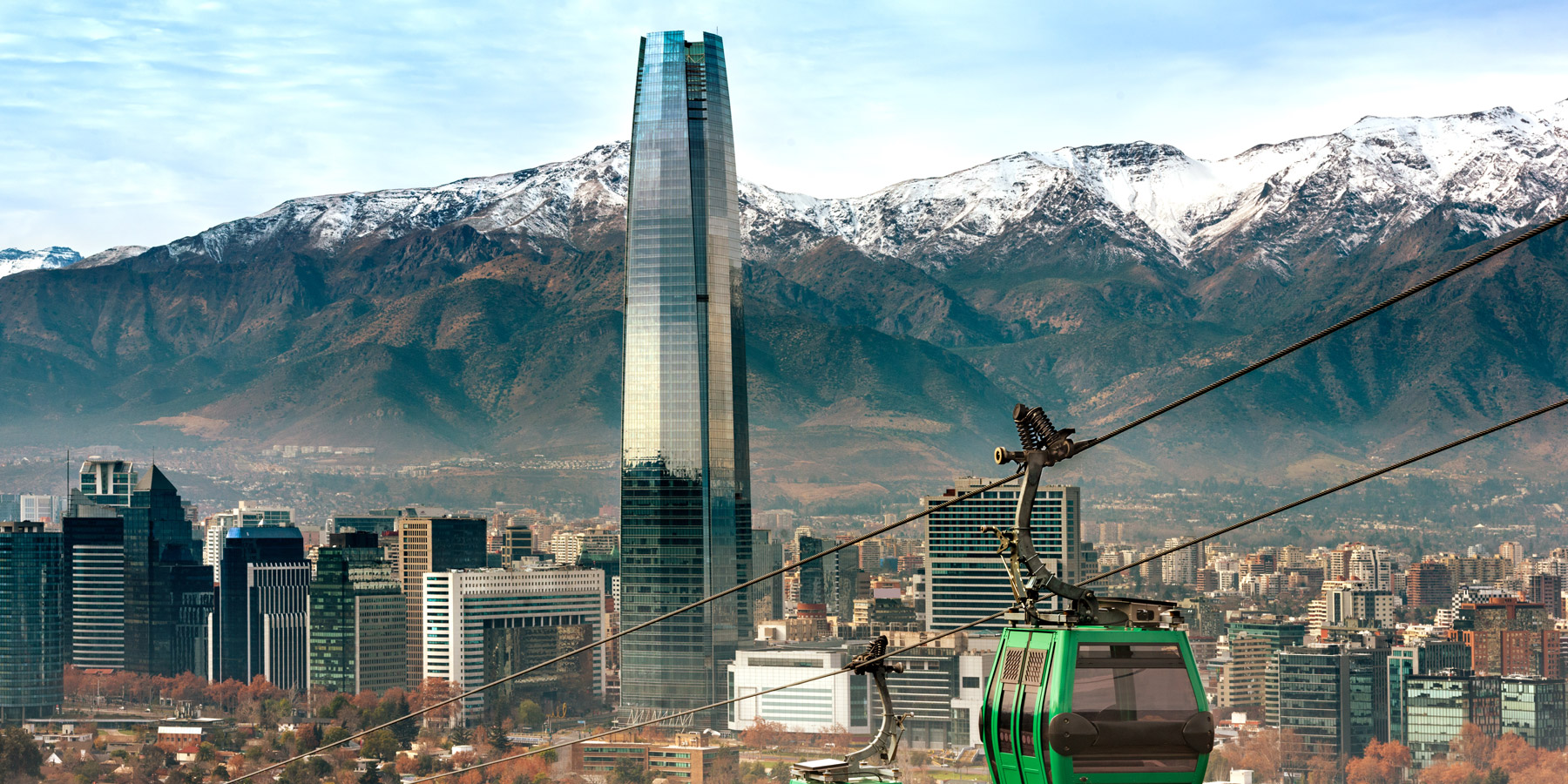
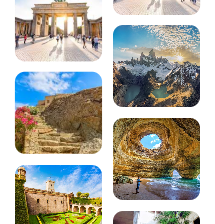

Comments